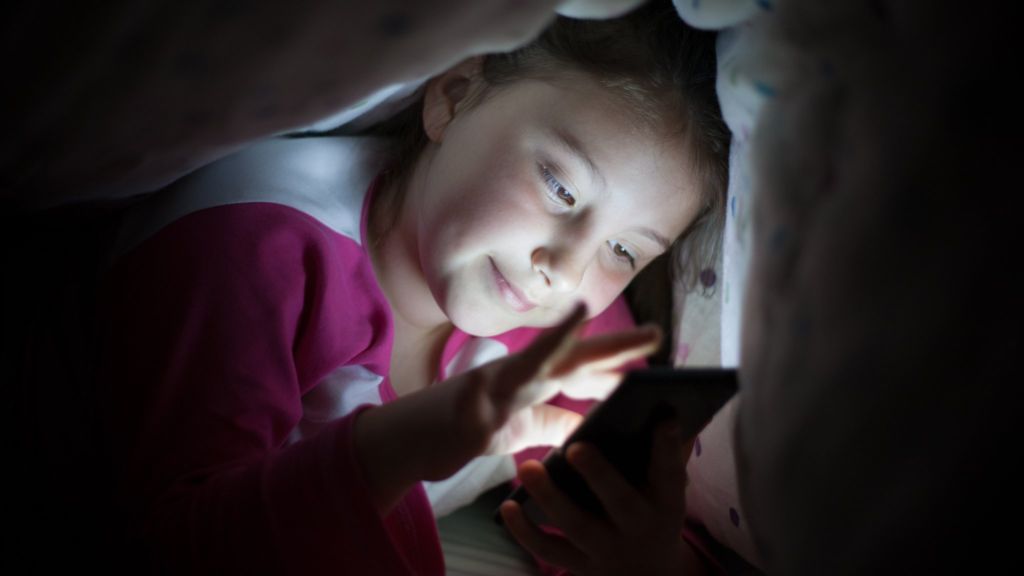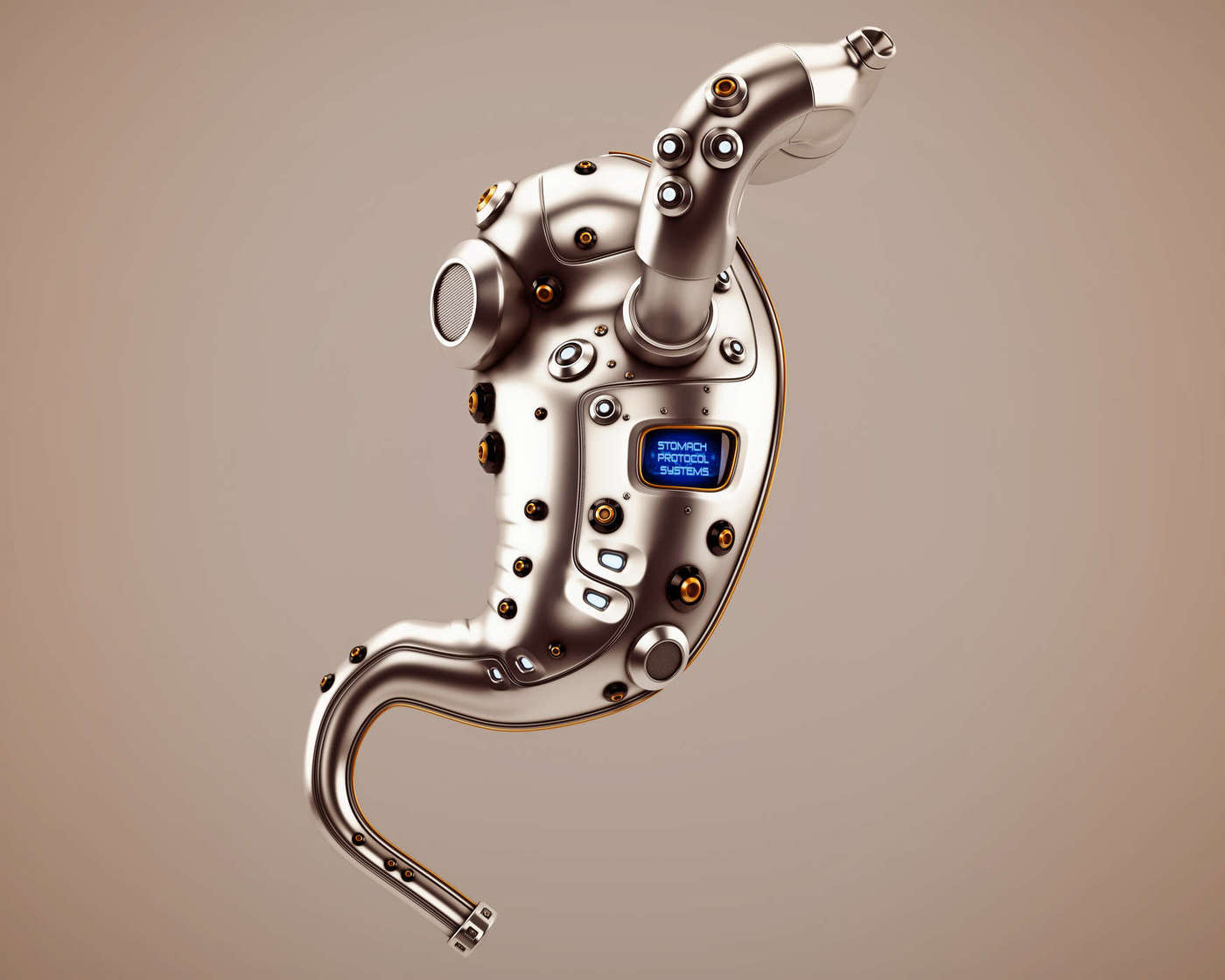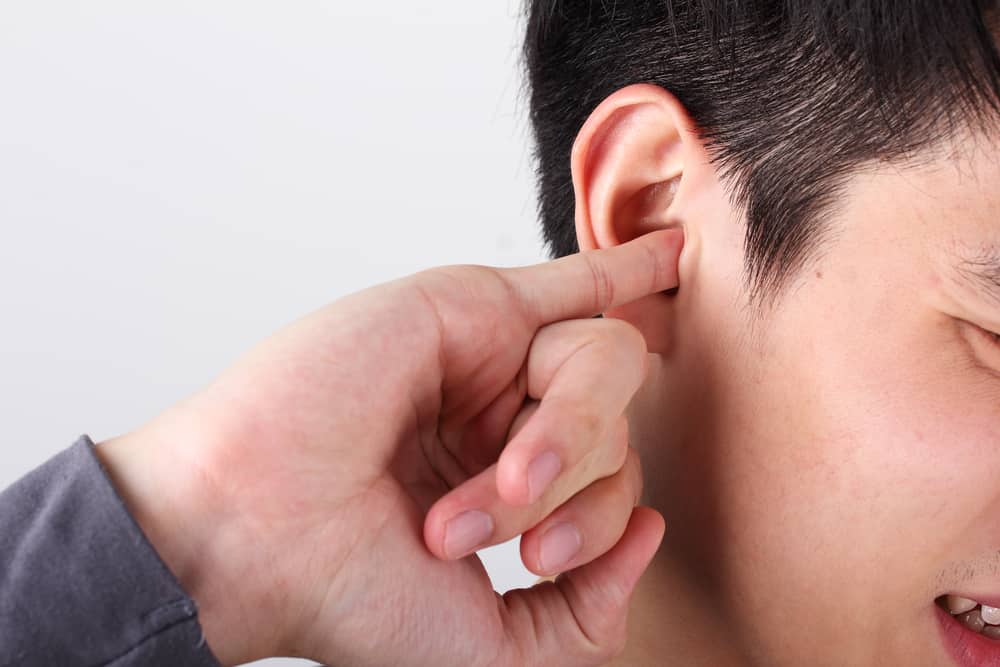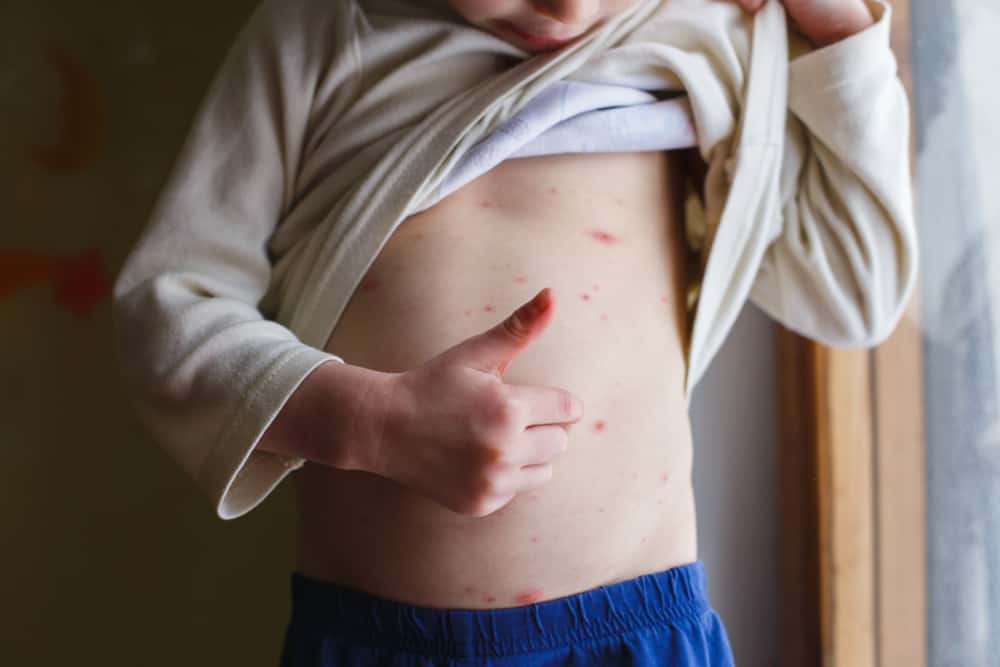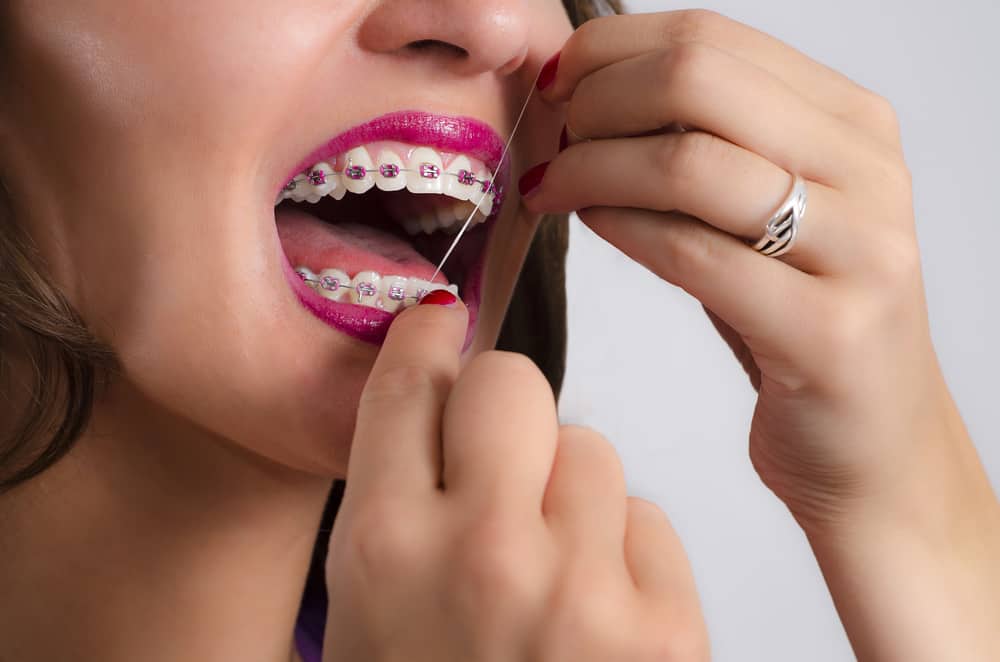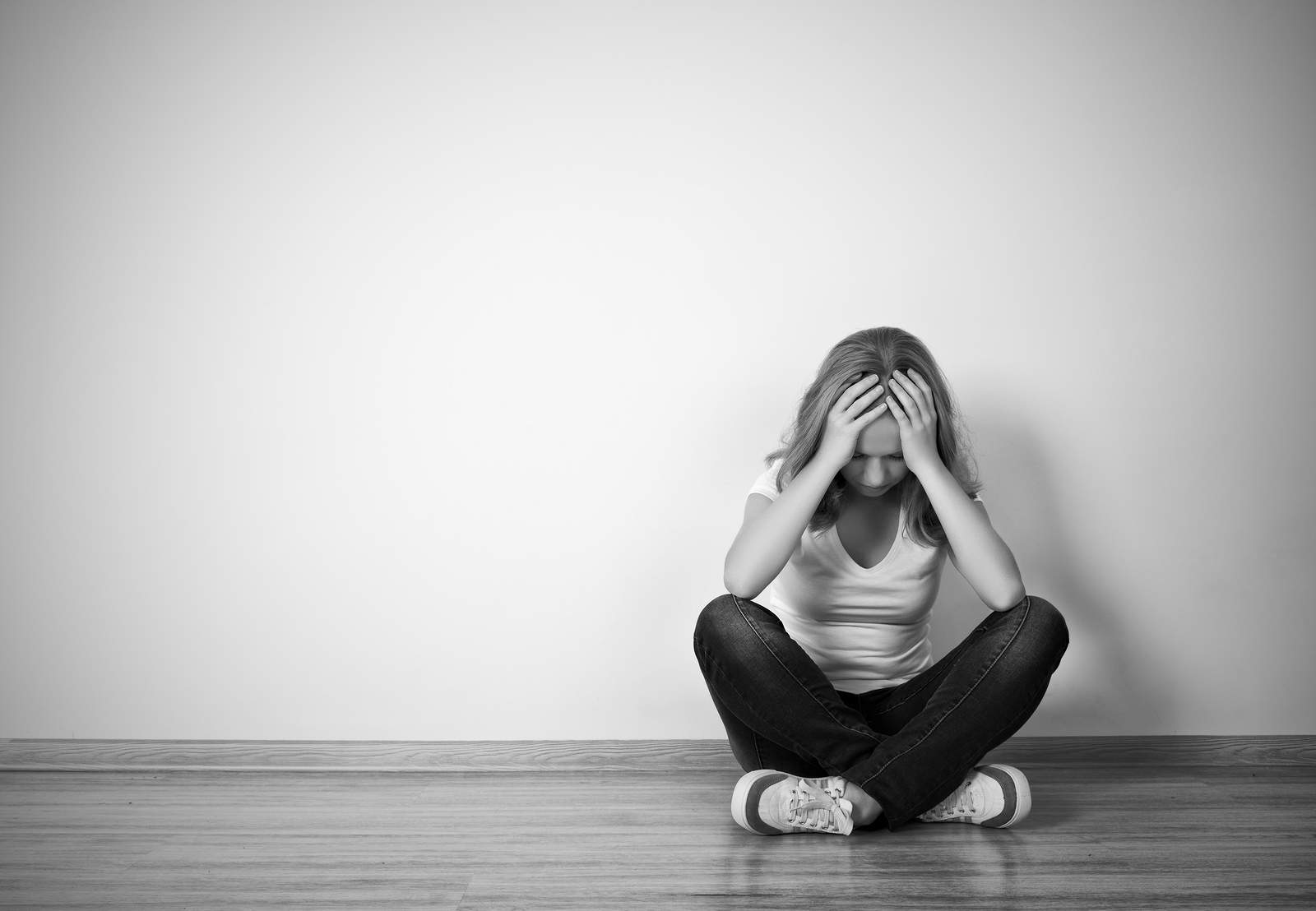Contents:
- Medical Video: DOCS: Can't Sleep Kid
- What causes children to have trouble sleeping?
- 1. Children are afraid to sleep alone
- 2. Children do not want to sleep
- Another reason why children have trouble sleeping
- What should be done so that the child sleeps easier?
Medical Video: DOCS: Can't Sleep Kid
Insomnia is a condition where a person has difficulty sleeping or cannot sleep long enough according to the time needed by the body even though he has the opportunity to sleep. Usually insomnia is more likely to be experienced by adults. But it turns out that small children can also experience insomnia. There have been many studies that link sleep-deprived children with poor academic performance, especially in mathematics, reading and writing. So, what causes children to have trouble sleeping?
What causes children to have trouble sleeping?
Children aged 6 to 12 years generally need around 10-11 hours of sleep each night. Well, just like adults, insomnia in children is characterized by children having difficulty sleeping, difficulty sleeping soundly, or both so that they are unable to meet their sleep needs. Children who have difficulty falling asleep may also complain of being tired all day or overslept in class, when in fact they have slept enough last night. It is estimated that around 25% of children will have difficulty sleeping at least once during their childhood.
There are two main reasons why children are having trouble sleeping. Here's the explanation.
1. Children are afraid to sleep alone
Children who are just starting to learn to sleep on their own are more prone to experiencing insomnia. These children usually need to be accompanied by their parents (one or both), favorite dolls, or favorite activities to start sleeping (for example, stories must be read). Others may need to be lulled, cradled, hugged, or given bottle milk.
Small children are usually afraid to sleep alone in a dark room, so he will be afraid first when entering bedtime. As a result, he might try to sleep by turning on the lights or tv, or playing video games to keep the silence out. Bright lighting, temperatures that are too cold or hot, and loud sounds in the bedroom is not a supportive atmosphere for deep sleep. Moreover, young children tend to be very sensitive to their environment. A poor sleep environment can make children more dependent on their parents' help to fall asleep.
When a child wakes up alone in the middle of the night (whether because of thirst or nightmares), he may be scared and anxious so he cannot go back to sleep without a parent beside him. In addition, children may also not be familiar with the drastic changes in sleep environment. This is what makes them connect sleep time with unpleasant times.
2. Children do not want to sleep
The cause of children having difficulty sleeping sometimes is just as simple as a child refusing to sleep. Most children have difficulty sleeping because parents who fail to set the right sleep schedule. Many parents have told their children to sleep too fast even though they are not ready to sleep or have taken too long a nap. The body does not produce enough of the hormone melatonin to make it fall asleep. Children who are forced to sleep too quickly will easily feel bored, which triggers the child to think about things that make him afraid or even look for another outlet.
Children often refuse to buy time, such as by asking a lot of things for parents. For example, "Eat first, I didn't report before," "But I'm worn out," "I want to use pajamas that aren't this one," or even ask to read one more story before going to bed. As a result, sleep time that was too fast actually turned back so long, making children lack sleep time or become more refreshedand can't sleep at all.
The lack of playing time for children can also make them more concerned with the time left to play so they refuse to sleep.
Another reason why children have trouble sleeping
If you have set a sleep schedule for a disciplined child, but the child still has difficulty sleeping, maybe the cause of insomnia in children can be caused by other factors, for example:
- Stressful. Yes, just like adults, stress can also be a cause of difficulty sleeping. Stress can children get from their environment, such as having problems with friends, thinking about school exams, or about the activities he has done. Children are easily anxious and worried, more than you think. Excessive anxiety can trigger insomnia, both in adults and children.
- Excess caffeine. Although it may not be realized, many children's drinks, such as soda, contain a lot of caffeine which can make it difficult for children to sleep.
- Drug side effects. Medications to treat ADHD, antidepressants, corticosteroids, and anticonvulsants (seizures) can cause insomnia.
- Underlying disease. Children who have asthma, eczema, autism, and Asperger's syndrome find it harder to sleep well.
What should be done so that the child sleeps easier?
Set sleep hours that are disciplined for children. Apply this hour every night, including on weekends. This helps the child's body and mind get used to sleeping at the appointed time. The child will sleep more easily if he goes to bed at the same time every night. Children will also be easier to wake up at the same time every morning.
Children should be prepared to sleep in 30-60 minutes before bedtime. Create an airy, dark, and free atmosphere from bedrooms and disturbances (including toys, tv and electronic gadgets). Also make sure children get enough physical activity during the day so they don't have excessive energy at night.
Try to limit the interaction with the child when he wakes up in the middle of the night to ask to be accompanied by sleep (for example with lullaby or ditoni), for example by pretending to sleep. By "nibbling" the child, he will be able to learn to calm himself and go back to sleep on his own. The new parents may be involved to accompany the child to sleep when he cries without stopping.
Letting children try to go back to sleep on their own may be reluctant to be obeyed by some parents because they are worried about their condition so parents finally allow children to go to bed to sleep with their mother's father. This is what parents need to get used to so that children can start their own sleep and discipline for their hours of sleep

